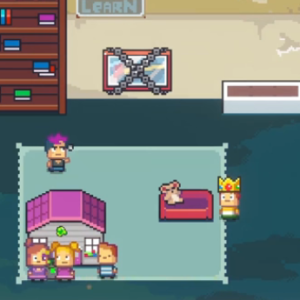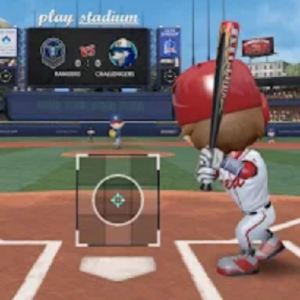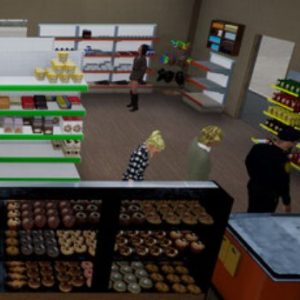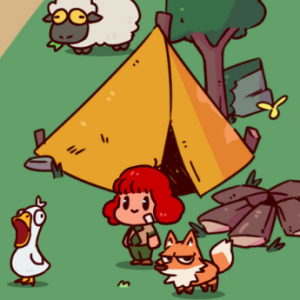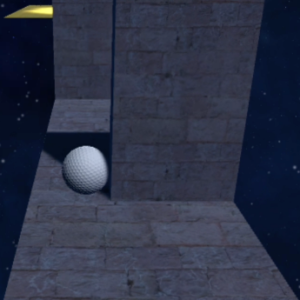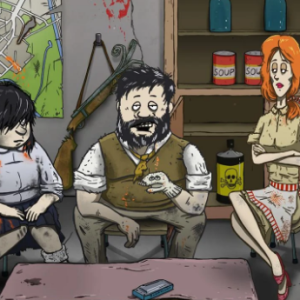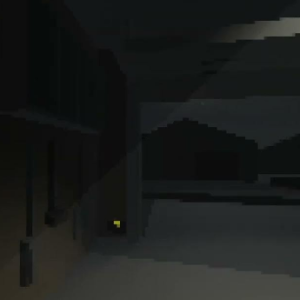Similiar games
Kindergarten 4 begins with a strange sense of familiarity. The player once again starts a school day surrounded by students and staff, yet everything feels more disjointed than before. The school is no longer just a backdrop—it’s now a puzzle in itself, shifting based on player actions and unlocking new routes across repeated loops. The rules that once defined progress in earlier entries are twisted, creating a sense of confusion that the player must learn to navigate. Every day holds new surprises that weren’t there before.
Complex Objectives in an Unstable Setting
The game introduces more layered objectives, requiring players to manage overlapping tasks across different parts of the school. Conversations become longer and harder to interpret. Characters behave inconsistently unless precise steps are followed. Even returning items no longer serve a single function, instead offering branching uses depending on how and when they are collected. The loop-based structure still remains, but Kindergarten 4 encourages experimentation and failure as a form of progress.
What to Watch For While Exploring
To succeed, players should focus on:
- Recognizing which items trigger new dialogue options
- Matching characters’ behaviors with specific time slots
- Navigating between rooms to trigger special sequences
- Avoiding traps that reset progress or change alliances
- Logging failed runs to track alternate outcomes
Understanding these patterns becomes essential to completing even the earliest goals.
Returning and New Characters With Diverging Roles
Some familiar characters return, but their loyalties and purposes are no longer stable. Others have vanished without explanation. New students and faculty replace them, and their roles remain unclear until tested through dialogue and choices. Friendships formed early in the game may become liabilities later, depending on how earlier days played out. There’s a heavier emphasis on consequence, with even minor choices leading to major shifts in tone and event order.
In Kindergarten 4, the mystery deepens and the logic becomes less direct. The player is no longer just solving a school day, but trying to understand the structure of the entire game. Loops are not just gameplay mechanics—they’re clues to something larger. Each attempt uncovers more questions, and the satisfaction comes from solving puzzles, and from recognizing how everything is connected across time. Every loop matters. Every detail counts.


